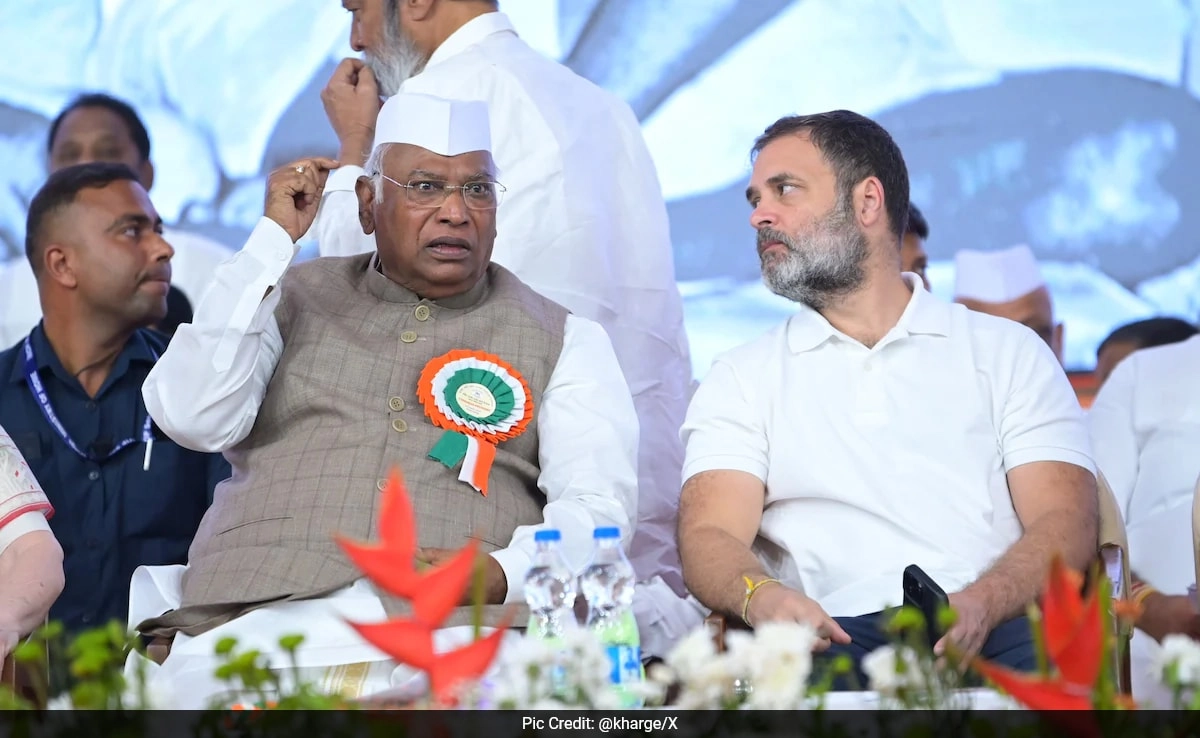In a dramatic display of public dissent, protesters recently gathered to block the vehicle of a Congress Member of Parliament (MP) in response to allegations against a local MLA accused of harassment. This incident highlights the ongoing tensions surrounding issues of harassment and accountability within political circles. The protesters, fueled by a sense of injustice and the need for accountability, voiced their frustrations over what they perceive as a lack of action taken against individuals in power who are accused of misconduct.
The protest unfolded as the MP was leaving a public event, with demonstrators strategically positioning themselves in front of the vehicle and chanting slogans demanding justice for the victims of harassment. This act of civil disobedience not only aimed to draw attention to the specific case at hand but also served as a broader commentary on the prevailing culture of impunity often associated with political figures. The protesters called for a thorough investigation into the allegations against the MLA, emphasizing the need for transparency and justice in the political system.
The incident speaks to a larger national dialogue about women’s rights and the imperative for political leaders to take allegations of harassment seriously. Many activists argue that the political establishment has historically been slow to respond to such claims, often prioritizing party loyalty over the well-being of victims. By confronting the MP in this manner, the protesters sought to hold not only the accused MLA accountable but also to challenge the broader systemic issues that allow such behaviors to persist within the political arena.
As the protest gained momentum, it attracted media attention, further amplifying the voices of those advocating for change. The demonstrators, representing a diverse cross-section of society, highlighted the collective frustration with the status quo and called for a cultural shift towards greater accountability in politics. This event serves as a reminder that public engagement and activism remain crucial components in the fight against harassment and for the rights of individuals, particularly women, who have often been marginalized in discussions of power and authority. The actions taken by the protesters reflect a growing movement that demands not just accountability for specific incidents but also a reevaluation of the structures that have historically enabled such behavior to go unchecked.




